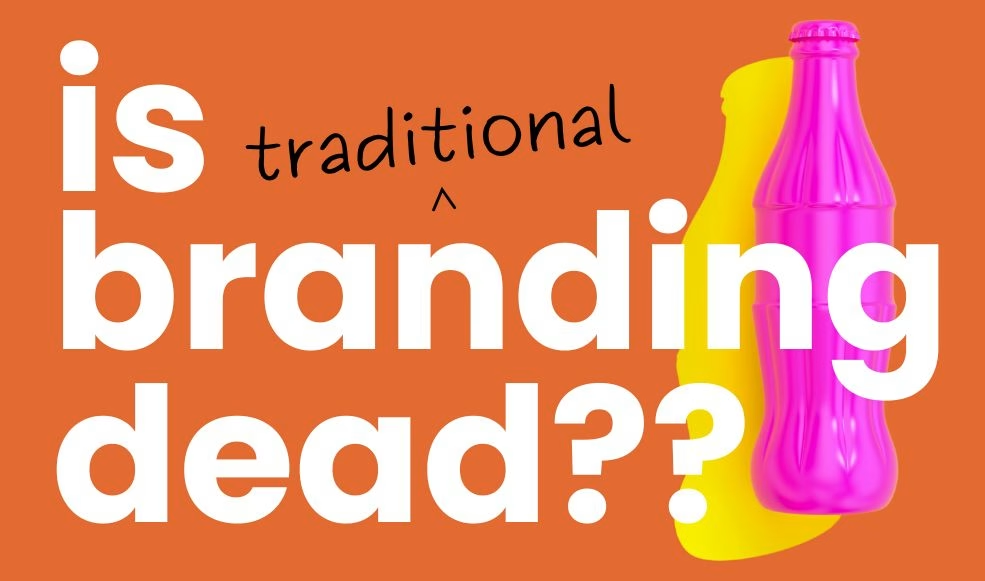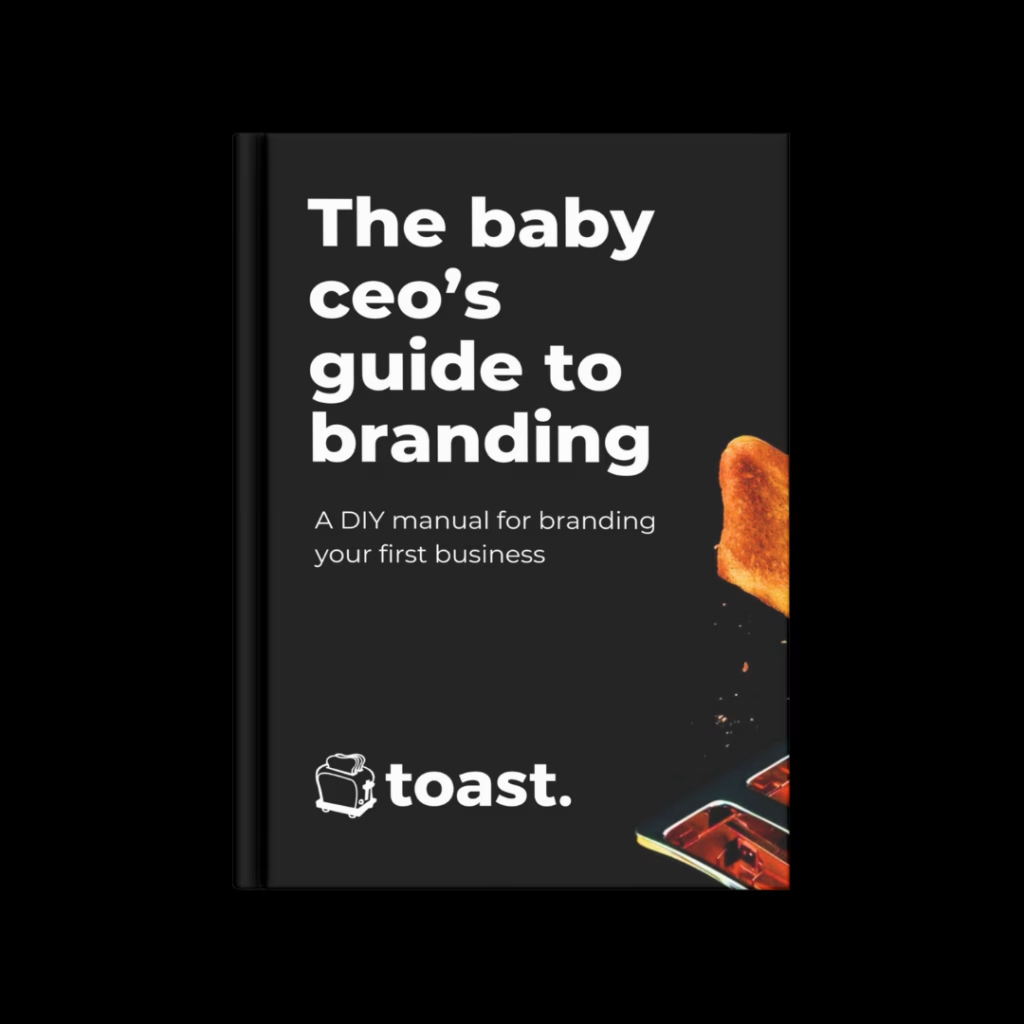
“The era of branding is over.” Bold statement, right? Yet, in a recent episode of the Uncensored CMO podcast, marketing professor Scott Galloway, alongside Rory Sutherland, confidently declared this new reality, with compelling reasons.
Written by Ife Ademola, Edited by Sylvester Omotunde

There was a time when a catchy ad, sleek logo, or celebrity endorsement could sell even the most average products. Back then, businesses with weak products but strong branding thrived, while those with excellent products but little brand recognition struggled.
But the game is changing. Product quality and genuine customer feedback now wield far more influence than traditional branding efforts.
Today, consumers aren’t just flocking to the loudest brand; they’re listening to real people.
Platforms like TikTok, X (formerly Twitter), YouTube, and WhatsApp groups are buzzing with authentic reviews and unfiltered experiences. Consumers now actively seek direct feedback before buying a product..
Scott Galloway shared how he found the best clippers for bald men from a small East German company, not through ads, but a simple Google search. Online, their product’s quality spoke for itself.
It’s simple: great products get found, used, and talked about. Bad ones can’t be saved by branding. This is why a small business with an exceptional product and no elaborate logo can outcompete a major brand with a weak offering. Truth spreads faster than marketing.
Not long ago, traditional branding reigned supreme in Nigeria. We trusted products because of memorable ads, catchy jingles, and eye-catching packaging. If it dominated traditional media, it was as good as sold.
This power of perception wasn’t just local. Globally, brands leveraged it as well. Take Payless’s 2018 “Palessi“ experiment: they set up a fake luxury boutique, selling their cheap shoes at inflated prices to influencers. These “experts” raved about the quality, paying hundreds for $20 shoes. The experiment starkly revealed how much value consumers placed on perceived brand name and presentation over actual quality.
In Nigeria, a similar shift has occurred. For decades, imported goods were perceived as inherently superior to “Made in Nigeria” products, regardless of quality. Brands leveraged this bias, using foreign-sounding names or aesthetics to command higher prices based on perceived origin, reinforced by traditional ads highlighting foreign roots.
But that era is gone. Scott Galloway notes that Tesla became the world’s most valuable car company without the help of traditional advertising. Giants like Amazon invest little in brand advertising or jingles. Why? Tangible results now speak louder than promises. They built loyalty through performance, exceptional customer experience, and social proof.
Today, high-quality “Made in Nigeria” products gain immense credibility. This shift is driven by authentic user reviews, viral social media content, and direct testimonials. A local skincare brand, for instance, gains more sway from organic “before and after” TikToks by everyday Nigerians than a globally advertised brand with no real user results. True efficacy and community endorsement increasingly overcome ingrained perceptions of foreign superiority or advertising allure.
Before buying anything – from hair oil to amala – we scour Instagram comments, check TikTok tags, or ask friends, “Have you tried it?” Branding isn’t dead, but if you’re not building trust through real people, you’re just talking to yourself.
In today’s digital landscape, people trust user reviews, online ratings, TikTok reactions, and authentic influencer opinions far more than corporate logos or jingles. We no longer just ask, “What brand is this?” We ask, “Who has used it, and what did they say?” If your product delivers, people will talk, and that genuine conversation is your most effective marketing.
Businesses can no longer advertise their way to trust. In the Nigerian market, social media algorithms prioritize content real people genuinely engage with. When someone posts a compelling before-and-after skin transformation using your product, and it gets shared, the algorithm pushes it further. Platforms like TikTok, Instagram, YouTube Shorts, and X aren’t driven by your brand’s budget; they’re driven by authentic human interest.
Consider a friend’s small gift box business. In 2021, she poured savings into logo design and Instagram ads, expecting orders. No sales.
Then, a customer left a heartfelt review about how her sister cried tears of joy from a birthday box. The customer posted a photo, which my friend reposted. By day’s end, she had 12 new orders. That was her wake-up call: people buy based on what other people say.
Here’s what Nigerian businesses must do differently now:
Your most powerful marketing tool isn’t a billboard. It’s a joyful customer on WhatsApp saying, “I got my delivery o, and I’m in love!” Encourage customers to leave reviews, photos, or videos. Make it easy and rewarding.
Nigerians spend countless hours on TikTok, Instagram, and YouTube. If you’re not active there, you’re invisible. Post short, authentic clips: packaging, reactions, behind-the-scenes. Create shareable moments that encourage talk about your brand.
Take Don Jazzy’s Burger. When he launched, he didn’t start with expensive ads. He invited creators, food bloggers, and everyday Nigerians to try and share their experiences online. From TikTok mukbangs to Instagram Reels, he let real people talk, and it worked. Jazzy’s Burger was everywhere, not due to ad spend, but genuine social proof. People trusted friends and creators over corporate ads.
Focus on making your product so good it promotes itself. Your quality is your branding now. If your amala is the softest, if it “slaps,” people will talk.
Consistency, excellent service, clear communication, and transparency are now more critical than design. Customers won’t remember your logo’s font. They will remember how you handled delays or followed up. Trust is now the best logo.
Think about your last online purchase. Was it the product description, or the comment section saying, “This worked for me!”? Humans follow the crowd, not out of laziness, but for smart, safe choices. That’s why busy restaurants attract more customers, and a business with 100 reviews feels more trustworthy than one with zero.
So, here’s your call to action: showcase the real faces behind the feedback. Let your audience be your brand’s authentic voice. Let your product speak, and empower your people to share.
At Toast Creative Studios, we build strategies that help you turn satisfied customers into powerful advocates by encouraging them to leave glowing reviews for your product or service.
